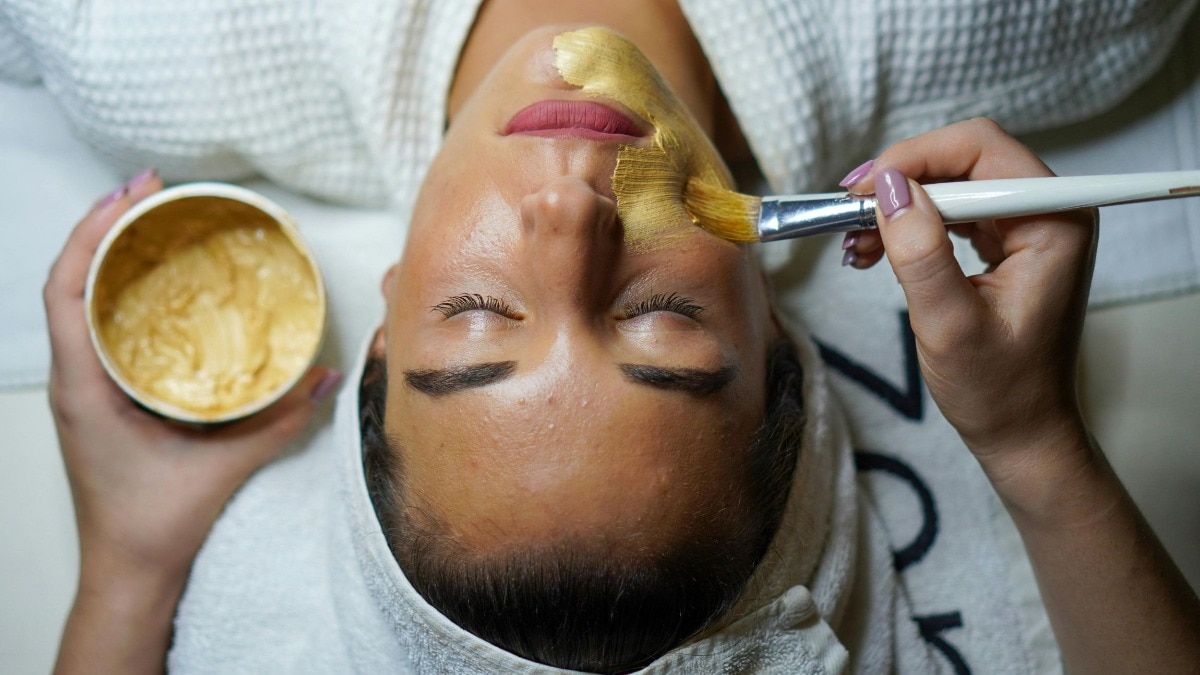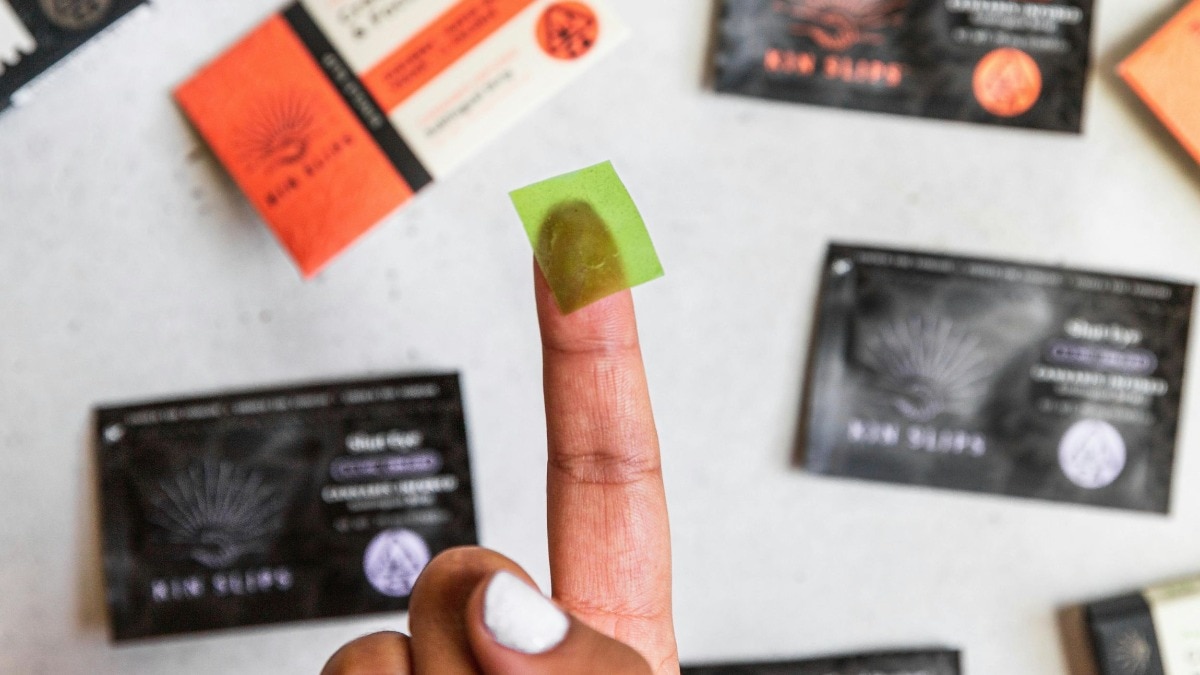A lazy guide to treat dehydrated skin
The winds are changing and with them so is our skin. Here are simple tips to treat your parched skin.


All of us have at some point noticed that our skin feels parched, dry, and itchy. The weather and pollution is often to blame for zapping away the glow, and with our busy lifestyles and scarcity of time, maintaining optimal skin hydration can be a challenge. However, we forget that with small changes in our diet and skincare routine, we can replenish skin’s moisture levels instantly.
Here is a quick look at identifying some of the symptoms of dehydrated skin and tips on how to easily treat it for that much-coveted glow.
Signs of Dehydrated Skin

Identifying dehydrated skin can be easy. Here are the first signs of your skin screaming in thirst.
Tired skin: Lack of water intake hinders new skin cell production, leading to the accumulation of dead cells on the surface of your skin. This accumulation makes the skin look dull, exhausted, and lifeless.
Breakouts: Excessive sweating and insufficient water consumption can lead to acne. Dehydrated skin can further increase the risk of breakouts.
Fine lines: With dead cells on the skin’s surface, fine lines and wrinkles can start to appear early. Taking deep care of the skin can reduce the chances of having premature wrinkles and other signs of ageing.
Flaky and parched Skin: A lack of moisture can make the skin dry and flaky. At times, you can spot white patches on the skin, which usually go away with minor lifestyle changes, such as drinking enough water and moisturisation.
How to Treat Dehydrated Skin

With these time-tested tips, you can prevent and tackle dry and dull skin easily. These steps will aid in restoring the moisture balance and certainly prove to be helpful as part of your overall skincare routine.
Hydration: Drinking three-to-four litres of water per day can help you keep your skin naturally radiant. Eating water-rich foods like watermelon, cucumber, and oranges can also help.
Limit caffeinated drinks: Try cutting your caffeine intake gradually, because it can increase the risk of dehydrating your skin. Studies suggest that caffeine can hamper collagen growth, a protein that helps in keeping the skin healthy.
Cold water miracle: Cold water can actually help your skin to stay hydrated, unlike hot or warm water, which zaps the skin of its natural oils. According to studies, cold water can help keep away puffiness and give skin an invigorated appearance.
Moisturise: Use a gentle moisturiser that is packed with antioxidants, because they help in neutralising the pH level and counter the signs of dehydrated skin. You can also choose a moisturiser that contains an essential oil as an active ingredient, as that will help in soothing itchiness, redness, and puffiness.
Mild exfoliation: Exfoliation is essential because the dehydrated skin is yearning for some much-needed TLC. This simple act will also help to slough off the dead skin cells. Use a mild exfoliant to deep clean the skin and remove impurities.










